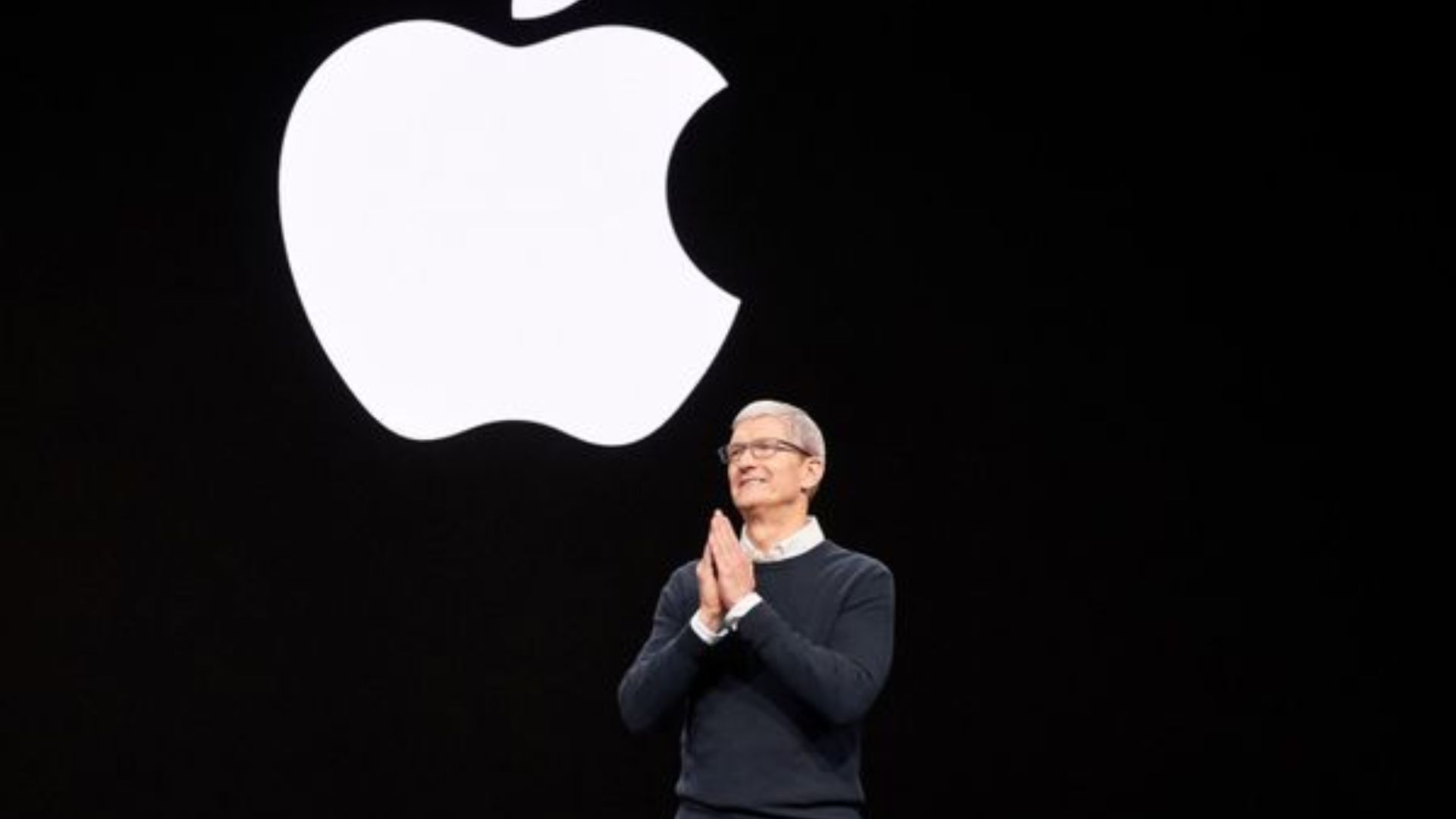Microsoft apparently wrote the iPod’s success story, saving Apple from plummeting and falling into imminent bankruptcy in the 90s
Was Microsoft the secret to the success of Apple and the iPod? The US Department of Justice certainly thinks so.

All the latest news, reviews, and guides for Windows and Xbox diehards.
You are now subscribed
Your newsletter sign-up was successful
What you need to know
- Apple is currently under fire by the US Department of Justice (DOJ) for running a monopoly through the iPhone and other products leaving its rivals at a competitive disadvantage.
- The DOJ claims Microsoft heavily contributed to the iPod's success, especially after a cross platform version of the iPod and iTunes shipped for Windows.
- It's speculated that the same premise might have contributed to the iPhone's success.
When you think of Apple, the iPhone automatically comes to mind, which alongside other products like the MacBook, iPads, iPods, iMacs, and more has immensely contributed to its success, ultimately placing it as the world's most valuable company. It was only recently that Microsoft dethroned it from this position with $3 trillion in market capitalization, thanks to its early investment and adoption of generative AI.
Interestingly, the Department of Justice (DOJ) recently slapped Apple with a lawsuit, which indicated that the company runs a monopoly through its iPhone products and iOS, ultimately leaving its competitors with the shorter end of the stick. This news comes after Apple was recently reported to be in the middle of a megadeal with Google to bring Gemini AI to iPhones, potentially locking Microsoft out of the AI landscape on mobile.
The lawsuit further alleges that the Amazon Fire Phone hit the rock because of Apple. According to the DOJ, Apple was running on fumes and inclining towards bankruptcy in the late 1990s. It was only in 2001 that the company turned things around following the launch of the iPod. The DOJ doesn't attribute this success to the iPod's innovative design or Apple's well-crafted marketing campaigns, instead, it claims that this success stemmed from a “confluence of several factors made it a smash success.”
The DOJ also claims that Apple's iTunes contributed to the iPod's early success. This is on top of the imposed regulations that prevented companies like Microsoft from restricting access to the software on Windows PCs.
According to the DOJ:
"For example, the iPod did not achieve widespread adoption until Apple developed a cross-platform version of the iPod and iTunes for Microsoft’s Windows operating system, at the time the dominant operating system for personal computers. In the absence of the consent decree in United States v. Microsoft, it would have been more difficult for Apple to achieve this success and ultimately launch the iPhone."
This means that the DOJ created a clear path for the then-dwindling Apple to seize the opportunity, ultimately turning the iPod into an overnight success while avoiding bankruptcy by a thread.
All the latest news, reviews, and guides for Windows and Xbox diehards.
The past is catching up with Apple's recent transgressions

But as it now seems, the same hand that fed Apple while on the verge of bankruptcy and contributed to its success with the iPod is back and wants to reclaim its stake. The suit also places the iPhone maker under fire for getting into mega deals with major labels to bring music to its platforms and devices for a fee-per-download price. The DOJ says that this is Apple's playbook for the iPhone which has succeeded in bringing multitudes of users to the platform, providing access to "a wide selection of content, products, and services."
The lawsuit details that Apple uses unfair tactics to dominate the smartphone market, including blocking "Super apps" which make it extremely hard for users to switch between smartphones. You can catch up with the entire Apple vs. United States saga on our sister site, iMore.
The European Union has been all hands on deck trying to get all the companies listed as gatekeepers under the Digital Markets Act (DMA), including Apple, to make their services interoperable. The company changed its App Store rules, though several companies including Microsoft have decried the new policies as a step backwards, especially after identifying loopholes from poorly worded clauses in the Digital Markets Act that it seeks to profit from.

Kevin Okemwa is a seasoned tech journalist based in Nairobi, Kenya with lots of experience covering the latest trends and developments in the industry at Windows Central. With a passion for innovation and a keen eye for detail, he has written for leading publications such as OnMSFT, MakeUseOf, and Windows Report, providing insightful analysis and breaking news on everything revolving around the Microsoft ecosystem. While AFK and not busy following the ever-emerging trends in tech, you can find him exploring the world or listening to music.

